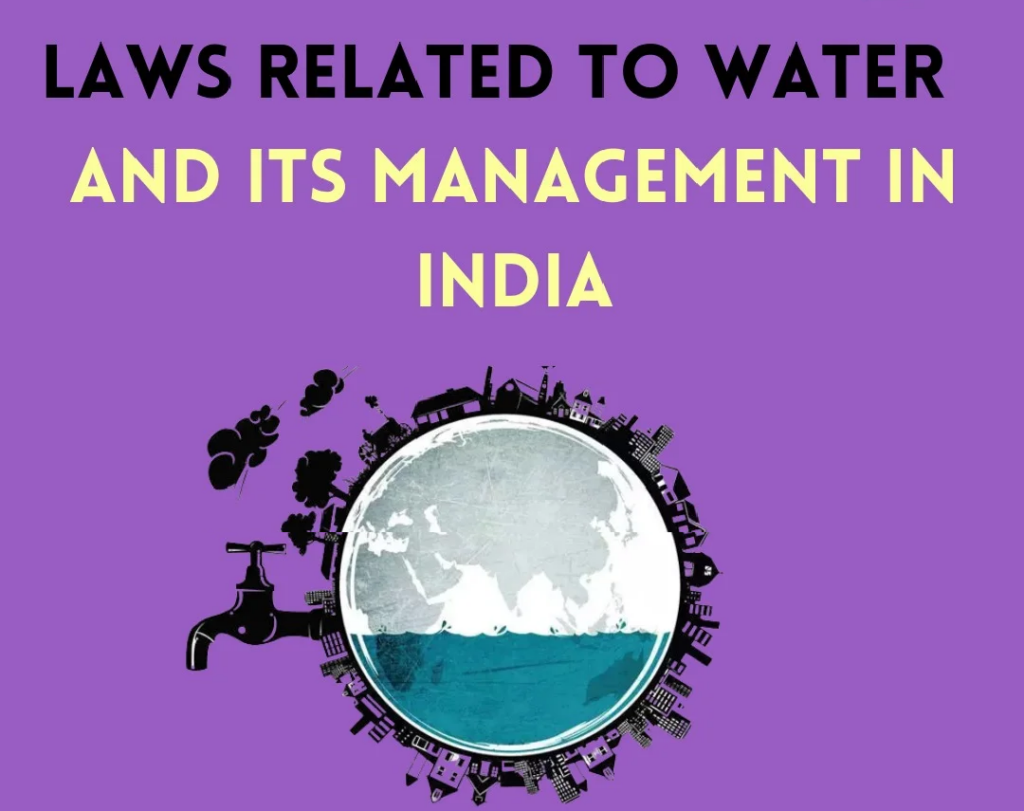
Water is a precious resource in India, and its storage and management are governed by various environmental laws to protect the ecosystem and ensure sustainable use. Compliance with these regulations is essential not only for legal adherence but also for safeguarding public health and environmental integrity. Here’s a comprehensive guide on how to ensure that your water storage practices comply with India’s environmental laws.
Understanding Relevant Laws and Regulations
India has a robust legal framework governing water resource management, primarily aimed at preventing pollution and promoting sustainable practices. Key legislation includes:
The Water (Prevention and Control of Pollution) Act, 1974: This act aims to prevent and control water pollution and maintain or restore the wholesomeness of water bodies. It mandates that any industry or individual discharging pollutants into water bodies must obtain permission from the state pollution control board.
The Environment Protection Act, 1986: This act empowers the government to take measures for protecting and improving the environment. It includes provisions for regulating water quality and storage practices.
The National Water Policy: This policy outlines strategies for sustainable water management, emphasizing the need for efficient storage and distribution systems.
Familiarizing yourself with these laws is the first step toward compliance.
Choosing the Right Location for Water Storage
The location of water storage facilities is critical for compliance. Ensure that:
Proximity to Pollutants: Storage tanks and systems should not be located near potential sources of contamination, such as industrial facilities, sewage outlets, or landfills.
Environmental Impact: Conduct an environmental impact assessment (EIA) if you plan to construct large-scale storage systems. This assessment will help identify potential risks and necessary mitigation measures.
Selecting Appropriate Storage Materials
The materials used for water storage must comply with environmental standards to prevent contamination:
Food-Grade Containers: Use containers that are certified for safe storage of drinking water. These materials should be non-toxic and resistant to chemicals that could leach into the water.
Regular Inspection: Conduct regular inspections to check for any signs of wear or contamination. Replace any compromised containers immediately.
Implementing Sustainable Water Practices
Adopting sustainable practices is essential for compliance with environmental laws:
Rainwater Harvesting: Encourage the use of rainwater harvesting systems. These systems not only comply with various state regulations but also promote sustainable water use.
Efficient Use: Implement water-efficient practices in your household or organization. This includes fixing leaks, using low-flow fixtures, and promoting water conservation techniques.
Regular Monitoring and Testing
Regular monitoring of water quality is crucial for compliance:
Quality Testing: Test stored water periodically for contaminants such as bacteria, heavy metals, and chemical pollutants. This can be done through certified laboratories that adhere to environmental standards.
Documentation: Maintain thorough records of water quality tests and any maintenance conducted on storage systems. This documentation can be vital during inspections by regulatory authorities.
Obtaining Necessary Permits and Approvals
Before establishing a water storage system, ensure that you have the necessary permits:
State Pollution Control Board: Depending on your location and the scale of your storage, you may need to obtain clearance from the local pollution control board. This includes permissions for water withdrawal and discharge.
Compliance Certificates: Keep all compliance certificates and documentation organized and readily available for inspections.
Conclusion
Ensuring compliance with India’s environmental laws related to water storage is a multi-faceted process that involves understanding legal requirements, adopting sustainable practices, and fostering community awareness. By taking these steps, individuals and organizations can contribute to the conservation of this vital resource while safeguarding public health and the environment. As water scarcity becomes a growing concern, responsible water management practices will play a crucial role in building a sustainable future for all.


